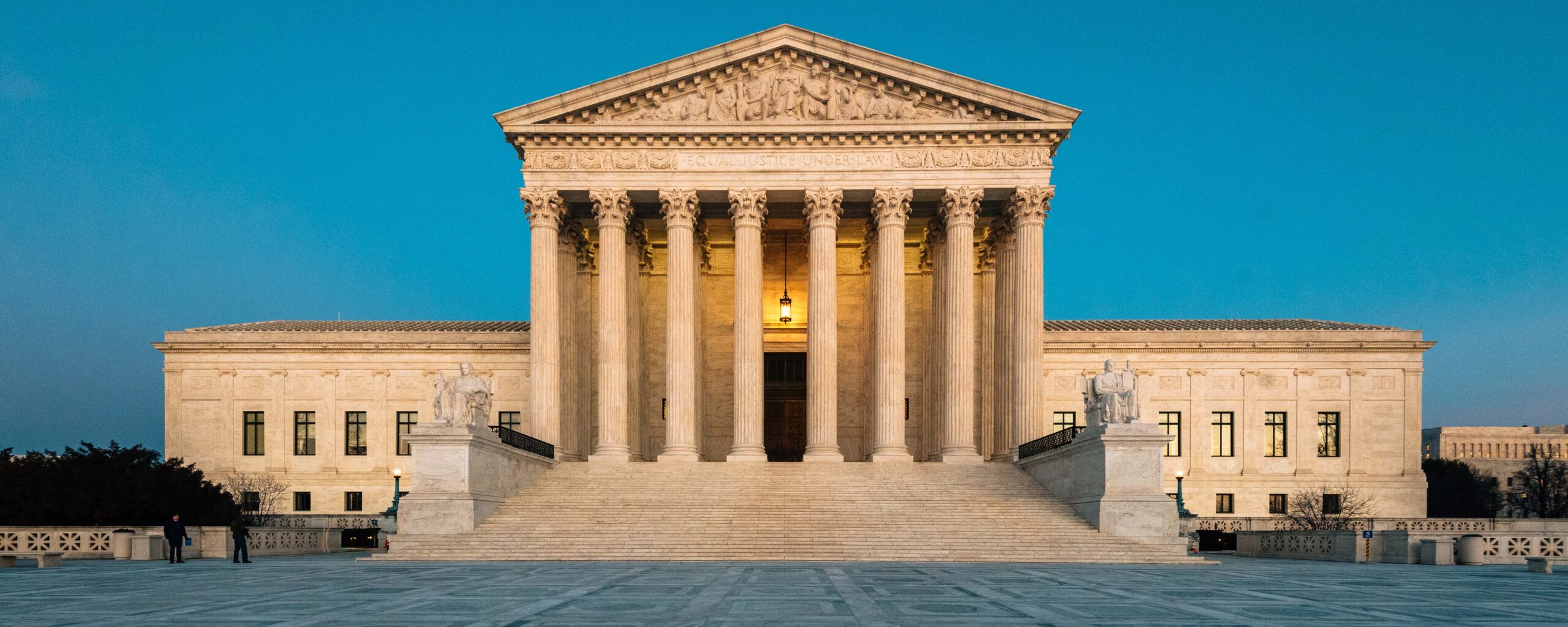Political scientists generally reject the idea that discrete events like tactical campaign strategies or widely-covered media events exert any meaningful influence upon mass public opinion. In teasing out the forces that affect presidential approval, social scientists have traditionally looked to factors like demographic characteristics and economic indicators for explanations of change.
Communication scholars, on the other hand, have been more open to the idea that political information – whether in the form of political debates, live news broadcasts, or other high-profile media events – may have meaningful effects on presidential approval. More recently, time-series analysis has made it possible to statistically test for the effects such events.

